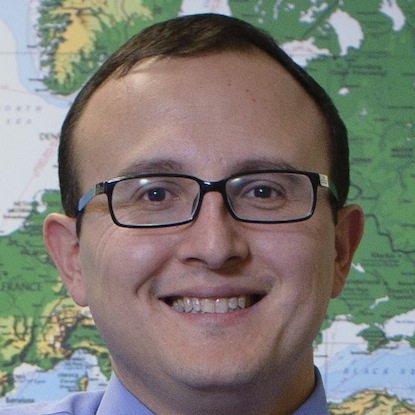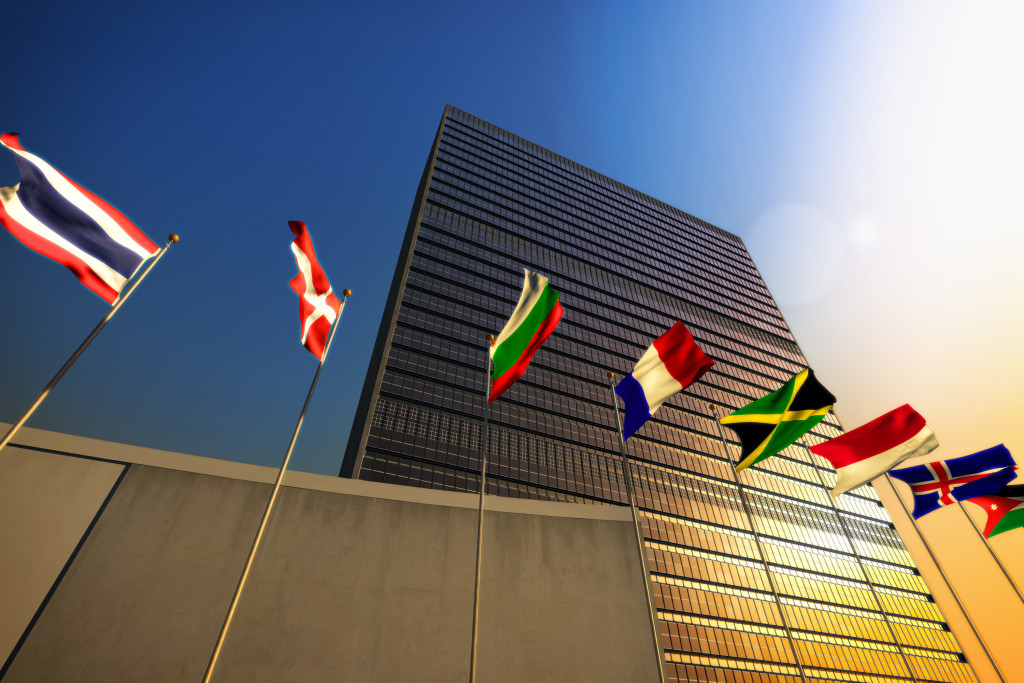My research investigates the international and domestic politics of global health policy reform. A political scientist by training, my work illustrates the utility of institutional, civil societal, and international relations theory in explaining government responses to a variety of public health threats. More recently, my work has expanded to combine interest group and institutional theory to account for variation in government policy response to the rise and influence of soda and ultra-processed food industries in several emerging economies.
Below, please find a listing of my current research projects and collaborators.



